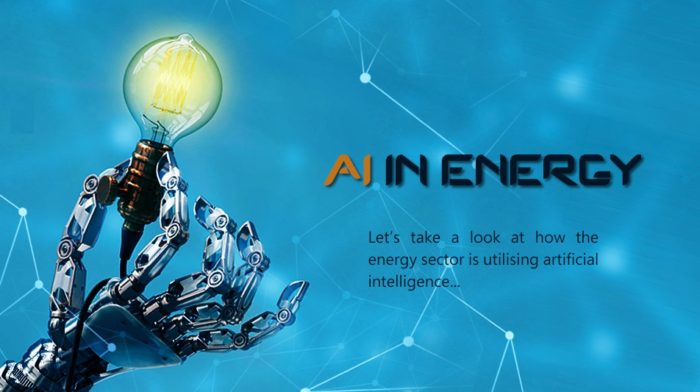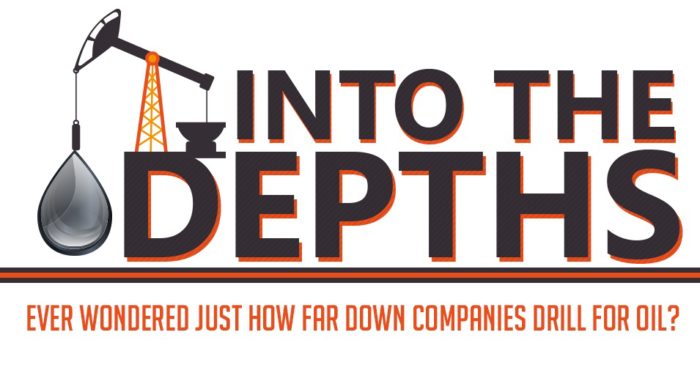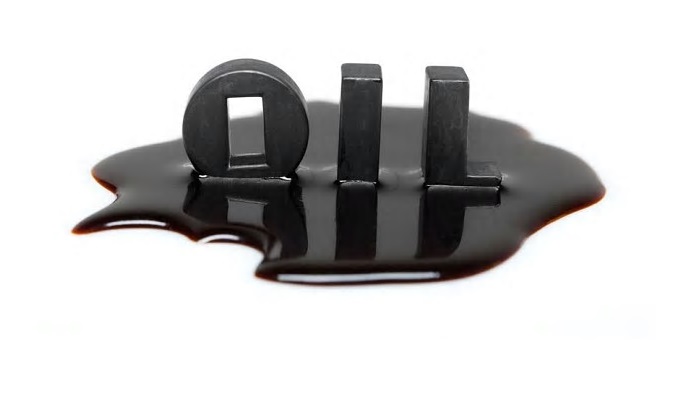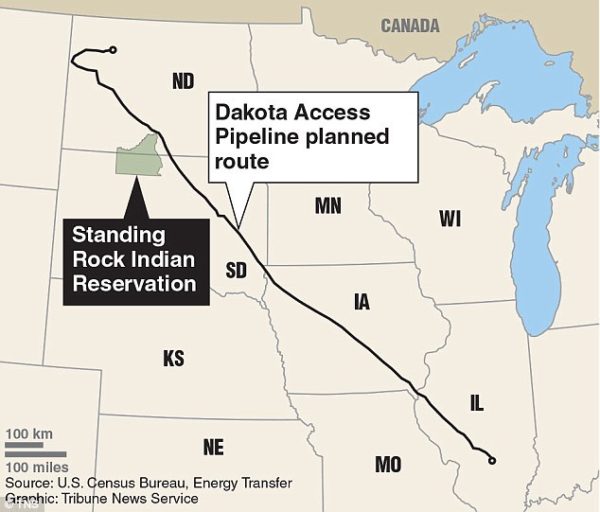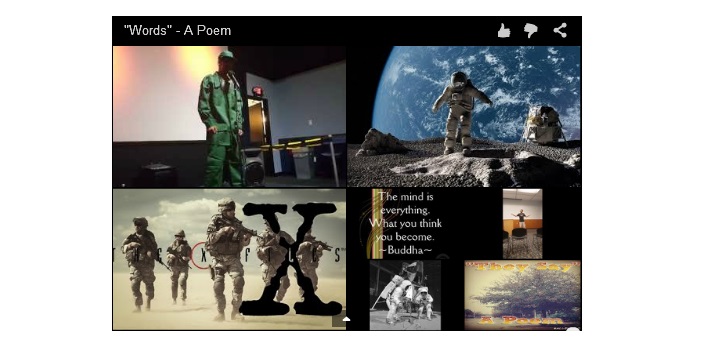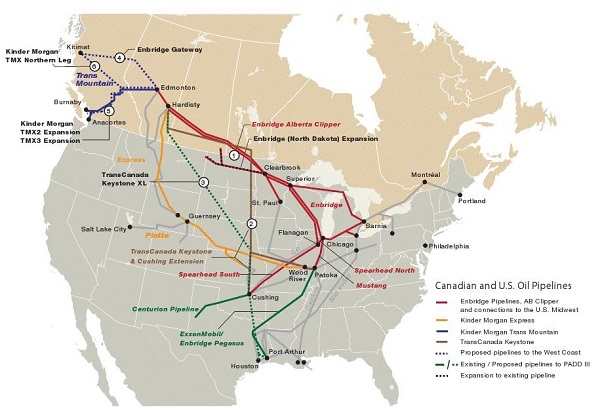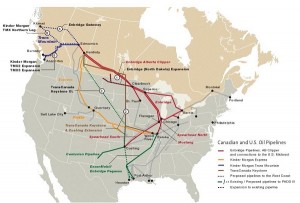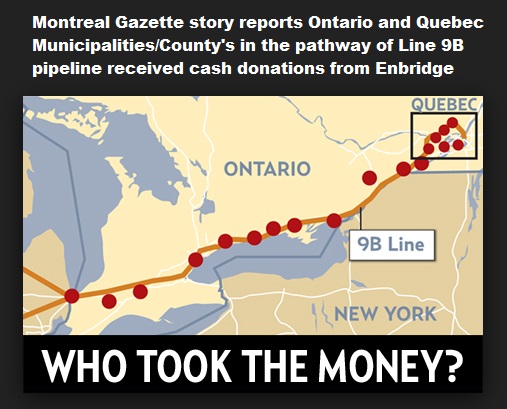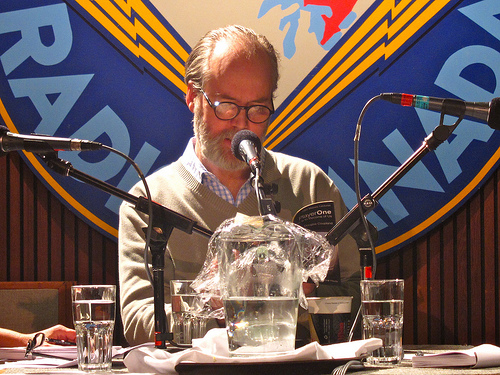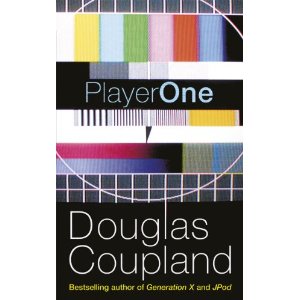 As the world teeters on the brink of disaster, four people converge in a Toronto Airport cocktail lounge. As oil prices suddenly approach $300 a barrel, power cuts out, planes stop taking off and cell phone signals die—a self imposed apocalypse sets into motion. As you read, four people come to terms with the situation, and more importantly, each other. Karen, the 40 year old receptionist at a psychiatric clinic who has flown to Toronto to meet a man she met on the Internet; Rick, the recovering alcoholic bartender who eagerly awaits the arrival of an obviously transparent self-help guru; Luke, a pastor, recently turned felon, who has run off with $20 000 from his church renovation fund; and Rachel, a beautiful, young autistic woman with the intention to find a man to be the father of her child.
As the world teeters on the brink of disaster, four people converge in a Toronto Airport cocktail lounge. As oil prices suddenly approach $300 a barrel, power cuts out, planes stop taking off and cell phone signals die—a self imposed apocalypse sets into motion. As you read, four people come to terms with the situation, and more importantly, each other. Karen, the 40 year old receptionist at a psychiatric clinic who has flown to Toronto to meet a man she met on the Internet; Rick, the recovering alcoholic bartender who eagerly awaits the arrival of an obviously transparent self-help guru; Luke, a pastor, recently turned felon, who has run off with $20 000 from his church renovation fund; and Rachel, a beautiful, young autistic woman with the intention to find a man to be the father of her child.
“Cocktails and laughter—and what will come after?” asks the haunting voice of Player One after the self-narrated character introductions and before the announcement of the skyrocketing gas prices that quickly envelop the world in complete chaos. The novel follows a simple format: each character narrates their version of the same events, over a five hour period, followed by Player One’s omniscient and sometimes mocking narration. The identity of Player One remains a mystery up until the end of the novel where resolution is provided and final comments are made.
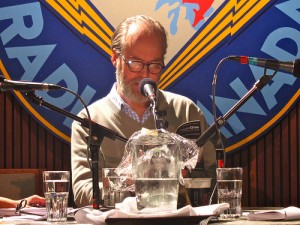
Player One is the first fiction selection for the CBC Massey Lecture series. Presented in a series of five, one hour, real-time lectures, Coupland explores what people do, talk about and think about as the world sits on the brink of total disaster. For anyone who has read Coupland, this novel addresses many familiar themes and ideas. Mild drama and in-depth dialogue where topics from humanity to sexuality fill the text of this lecture turned novel.
This book, simple in structure, but at times complicated in meaning, provides the reader with a scary dystopian view of what will become of us when a daily staple in most of our lives becomes virtually unavailable. The dialogue can drag on at times and the characters can be a little predictable and melodramatic, but this novel is more about what it leaves you with when you put it down. What would happen if gas became unaffordable? How small would our world actually get? Douglas Coupland will infect your mind with these questions long after you put down the book and forget about the meddling and self-loathing characters.
As Player One haunts the pages of this book, the ideas and inferences you read will haunt your mind every time you indulge in a modern day convenience, such as filling a vehicle up with gas, making this book a worthy read. For the Silo, Sarah Purdy.
Supplemental:
iTunes link: Massey Lecture with Douglas Coupland

